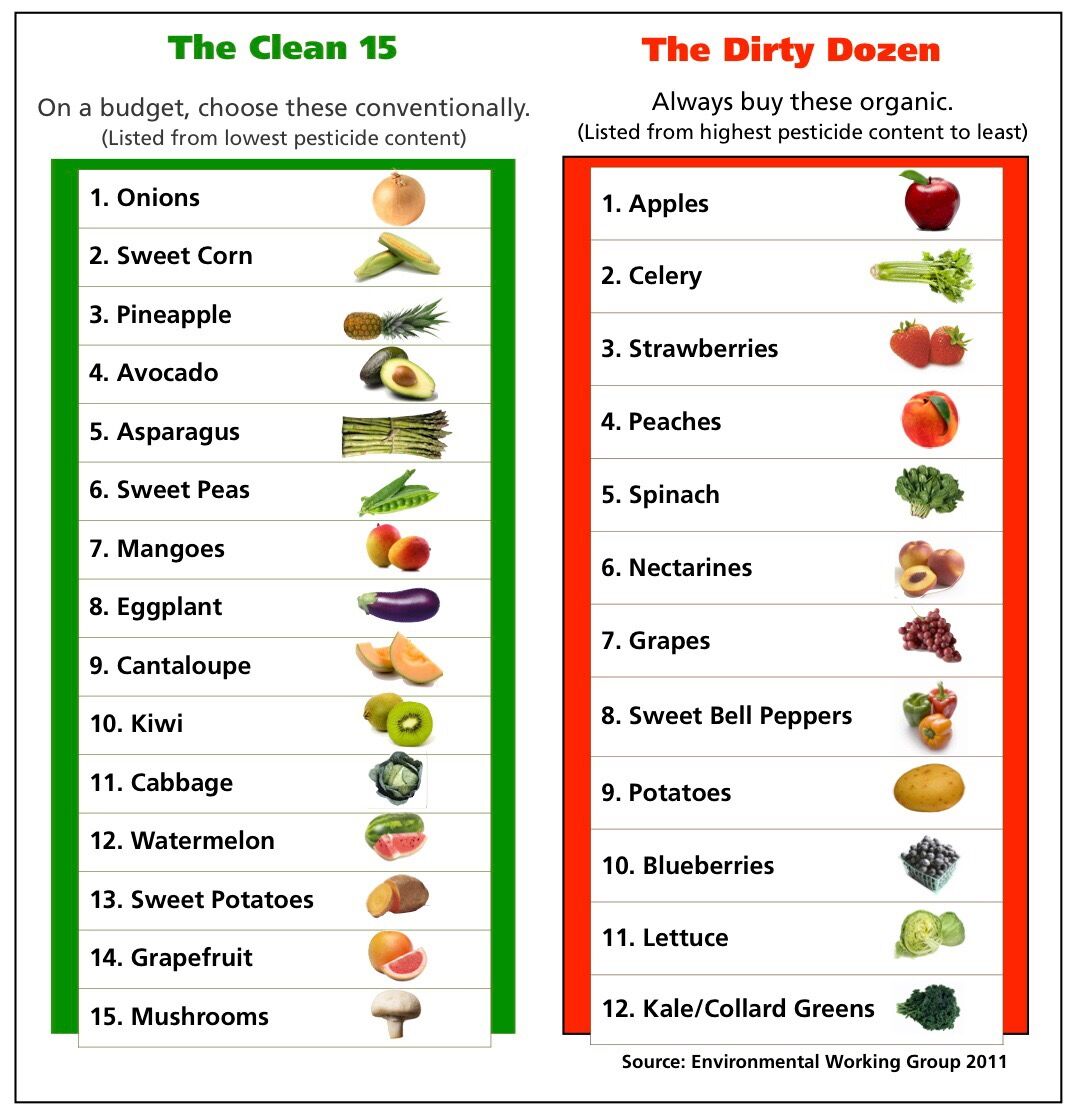The common question I get in clinic is “Why should I spend money on organic foods? What is the evidence? Is it worth it?”
This past weekend I went to a great conference in Charleston, SC presented by MUSC, and several of the talks were regarding the Organic vs. Non-Organic, GMO vs. Non-GMO controversies. Here are the highlights presented by Dr. Joel Foreman, MD.
Generally, studies show a small but not clinically significant increase in nutrients in organic foods. It is very difficult to control for soil, climate, crop conditions, picking time, transit time, etc. and compare the two.
Based on Medical Studies, The health price we pay for Sunthetic Herbicide and Pesticide Exposure is as follows:
-
- Addendum – discussion on Twitter October 21, 2016 – raised several points: Organic Farming leaves the impression that no herbicides or pesticides are used. The fact is organic farmers, based on FDA recommendations, use some “naturally derived” herbicides and pesticides, however these “natural ingredients” have not been tested for illness/carcinogenicity. They generally do not use synthetic products shown to have adverse health outcomes. Unfortunately, some synthetic products are allowed in organic farming here is the link:
FDA regulations on organic farming
-
- They also use mechanical ways to rid the crops of bugs and weeds, such as traps, beneficial bugs, or weeding by hand.
3. Organic foods CANNOT be exposed to Antibiotics or Hormones.
- 4x more antibiotics are used in animals then humans
- Hormones and antibiotics helps animals grow faster on diets that are poor and in conditions that are generally horrible.
- Due to hormone exposure, cow utters get infected more often, thus requiring more antibiotics.
- Due to gross growing conditions, the animals get sick more often, necessitating in antibiotic use.
- Hormone and Antibiotic use in animals is banned in All European nations, Australia, New Zeland, and Japan.

Infections from Antibiotic Treated Meat Sources include:

Arsenic has many consequences to human health.
Arsenic, even at low exposures is linked to Cancer, Neural Tube Defects, Developmental and Behavioral Issues, Diabetes, and Heart Disease

Genetically Modified Crops are a Major Health Hazard to Human Health because of the implications of Herbicides and Pesticides.

- Organic produce contains fewer pesticide residue then conventional produce. Levels of pesticides from exposure to conventional produce equals that as seen in farm workers on non-organic farms. (see list of illnesses above)
- 80% of the pesticide/herbicide exposure to humans comes from produce (fruits and veggies)
- Organic meats prohibit the use of hormones and non-therapeutic use of antibiotics. This decreases the exposure of humans to antibiotic resistant bacteria, which in turn results in less sicknesses and infections.
- Despite many studies, tAhere is no good method to wash pesticide residue off fruits and veggies.
- Natural does not equal or mean organic. There are no inspection standards for this
- Pesticide free is only addressing the pesticide issue and you gave to take this on faith. There are no inspection standards for this
- Organic farms are regularly inspected and have to pass numerous tests to be certified and to keep their certification.

- Choose organic meats, dairy, eggs.
- Choose organic produce that is on the Dirty Dozen list, then move to the others. Choosing just organic produce on the Dirty Dozen list can reduce pesticide exposure up to 90%.
- (studies 2002, 2006)
- Organic meats, dairy, eggs, and produce can be found more and more at large whole sale warhorses such as Costco. Thrive Market, an online discount retailer may be expanding to include produce.
- Shopping at farmers market for items that are in season will reduce costs.
- Join a co-op
- Stop buying junk such as Soda, Garode, Juice, and Powerade and use the savings from these products to buy organic. Remember water is free.
- Replace snacks Doritos, Cheetos, Cookies etc with healthier alternatives.
- Frozen fruits and veggies are cheaper then fresh ones. Once you cut up fresh organic fruits and veggies for your meals, freeze the rest to use at a later time. You can freeze, dehydrate, or can various in season produce for later use.

Lets start looking at the benefit of investing now in good food to prevent disease later on. If you add up the costs for medical visits, antibiotics, other medicines, labs, and imaging for illnesses such as ADHD, Allergies, Asthma, Diabetes, Cancer, Heart Disease and then compare these costs to the cost of food, you will have your answer. We need to look long term at the benefits to us and our children, and start making some changes.
In Good Health, Ana-Maria Temple MD